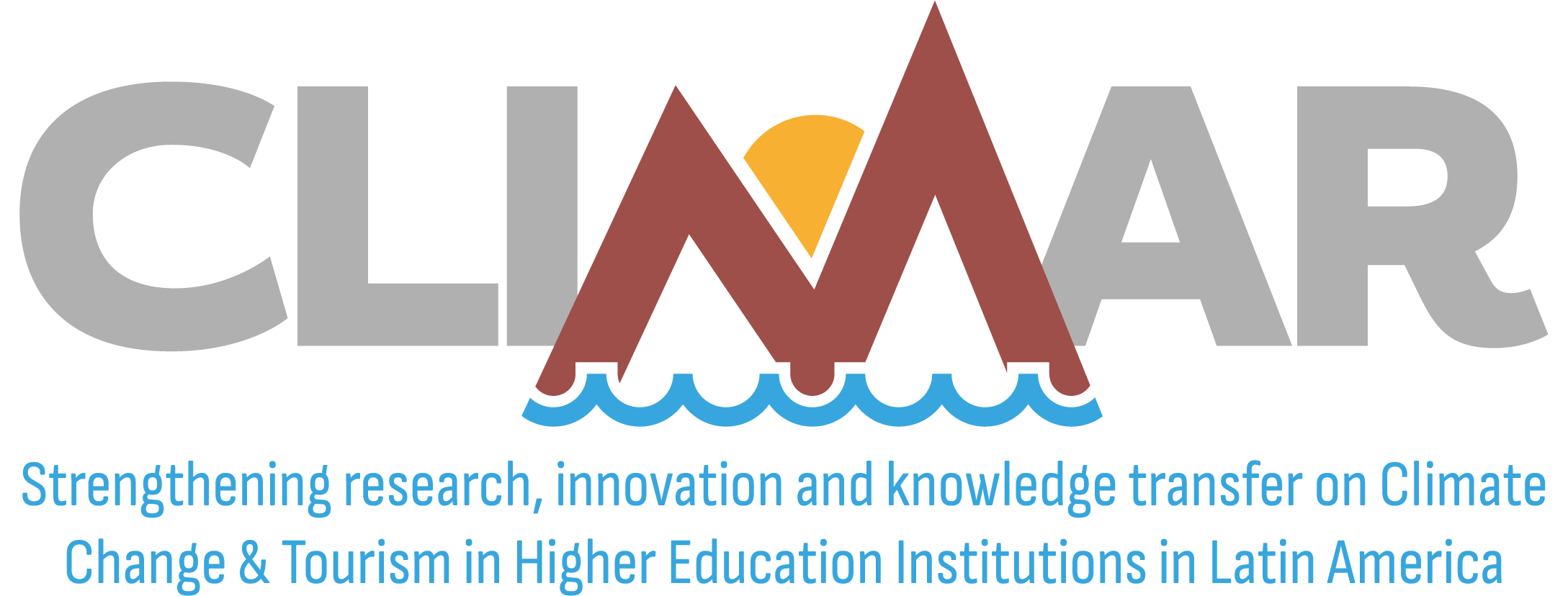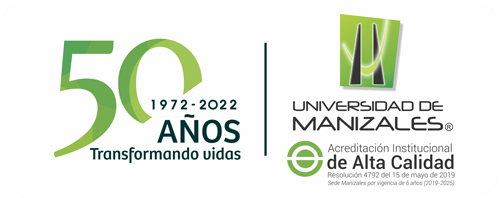International Workshop on Climate Change, Tourism and Education (CCTE)
Research on the interrelationships of weather, climate and climate change with tourism and recreation has developed exponentially over the past decades. These investigations have served to improve climate services and provide recommendations on alternative pathways for climate change adaptation and mitigation. There is a significant progress in the study of vulnerability and risks affecting the tourism activity, as well as the contribution of tourism to both, GHG emissions and mitigation and carbon off-setting programmes. There is also a consensus that large scale climatic projections do not derive valid statements at local level, as climate change impacts are heterogeneous across nations and communities. Also, adaptation to a changing climate is fundamentally a local issue, and local involvement, awareness, participation, and ownership are a central precondition for a successful implementation of actions.
But the tourism sector and the academy still lack capacity to provide the massive information requirements to deal with this looming climatic crisis we are currently living (Leon et al., 2021). Beyond COVID-19, global tourism will need to respond to the physical, social and economic changes that climate change will drive.
Although climate change and COVID-19 crises differ in many fundamental ways, including the speed at which they develop, the health crisis caused by Covid-19 has led important research challenges and questions to be addressed in the tourism sector. For instance, the analysis of the effectiveness of trustworthiness, openness, negative, optimism, or valence, and the communication channel to trigger tourist emotions and encourage them in more environmentally responsible behaviour.
Finally, environmental education is another powerful instrument to fight against climate change, strengthening the capacity and willingness of people, enterprises and communities to lead significant changes which help to avoid the worst possible scenarios of the climate crisis. Much of what has been written in this context is still conceptual and there are very few empirical insights.
This Workshop aims to bring together the scholars, researchers, students and experts from around the world and different disciplines to explore recent developments in tourism climatology, environmental studies, climate change, tourism management, climate and tourism policy, communication and psychology studies, among others. Participants are invited to share their applied research on the following suggested topics, although any other relevant subject will be welcomed.
- Covid-19 and climate change crises, dissimilarities and lessons learned with implications to tourism.
- Climate change communication challenges to accelerate a behavioural change of tourists, firms and other tourism stakeholders.
- Climate Change, emotions and tourist behaviour.
- Bottom-up approaches for climate change policy/education design in the tourism field.
- Applied analysis to the impacts of climate change on tourist destinations.
- Climate change inclusion in tourism education and research.
- Weather sensitivity and climate change perceptions of tourists.
- Approaches for the study of climate-related risks and vulnerability for tourism.
Acknowledgment
This workshop is a product of the Erasmus + Project “Strengthening research, innovation and knowledge transfer on Climate Change & Tourism in Higher Education Institutions in Latin America”. University of Caldas and University of Alicante are beneficiary partners of this project, and the University of Las Palmas de Gran Canaria, coordinator, with the help of Obreal Global.
Organizing Committee
- Bernardo Rivera Sánchez (President), Director del Grupo de Investigación en Análisis de Sistemas de Producción Agropecuaria (ASPA), University of Caldas (Colombia)
- Javier de León Ledesma, Institute of Tourism and Sustainable Economic Development (TiDES), UNESCO Chair in Tourism and Sustainable Economic Development, University of Las Palmas de Gran Canaria
- Jimena Estrella Orrego, Faculty of Agricultural Sciences, National University of Cuyo (Argentina), Advisor for Innovation Obreal Global, Barcelona
Scientific Committee
- Yen E. Lam-González (President), Institute of Tourism and Sustainable Economic Development (TiDES)
- Andrés Felipe Betancourth López, Governance and Territorial Development Area for Latin America and the Caribbean, Colombia
- Carmelo J. León González, Institute of Tourism and Sustainable Economic Development (TiDES), UNESCO Chair in Tourism and Sustainable Economic Development, University of Las Palmas de Gran Canaria, Spain
- Oana Mãdãlina Driha, Institute of International Economics, University of Alicante, Spain
- Lucellys Sierra-Márquez, Doctoral Program in Environmental Toxicology, Environmental and Computacional Chemistry Group, University of Cartagena, Colombia
- Martín Alberto Rodríguez Brindis, Research and Postgraduate Center, Anahuac Oaxaca University, Mexico



2023 | Sustainable Smart Cities and Territories International Conference





